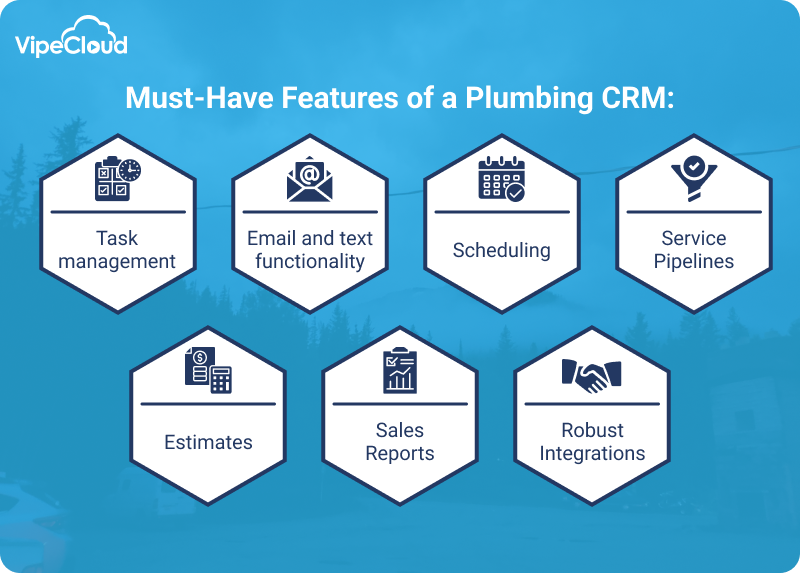In the realm of plumbing, where efficiency and customer satisfaction reign supreme, the best CRM for plumbers emerges as an indispensable tool. This guide delves into the essential features, benefits, and considerations for selecting the perfect CRM solution tailored to the unique needs of plumbing businesses.
Harnessing the power of a CRM, plumbers can streamline their operations, enhance customer service, and gain a competitive edge in the industry. By implementing a CRM specifically designed for their trade, plumbers can optimize their workflow, automate tasks, and elevate their business to new heights.
Factors to Consider When Choosing a CRM for Plumbers: Best Crm For Plumbers
Selecting the right customer relationship management (CRM) system is crucial for plumbers to streamline their operations and enhance customer satisfaction. Several factors should be taken into account when choosing a CRM for plumbing businesses, including the size of the business, industry-specific features, and budget.
It is important to evaluate the different CRM options based on these factors to ensure that the chosen system aligns with the specific needs and requirements of the plumbing business.
Size of the Plumbing Business
The size of the plumbing business is a key factor to consider when choosing a CRM system. Smaller plumbing businesses may require a simpler and more affordable CRM system, while larger businesses may need a more comprehensive and feature-rich system.
Industry-Specific Features
Plumbers should also consider the industry-specific features offered by different CRM systems. These features may include job scheduling, invoicing, and inventory management. Choosing a CRM system that offers these features can help plumbers streamline their operations and improve efficiency.
Budget
The budget is another important factor to consider when choosing a CRM system. CRM systems can vary in price, so it is important to set a budget before beginning the selection process. Plumbers should also consider the ongoing costs of the CRM system, such as subscription fees and maintenance costs.
Tips for Implementing a CRM for Plumbers

Implementing a CRM system can streamline your plumbing business, but it’s crucial to do it right. Here are some tips to ensure a successful implementation:
Data Migration, Best crm for plumbers
Migrating existing customer data into your CRM is essential. Ensure you have a plan to transfer data accurately and securely. Consider using a data migration tool or consulting a professional.
User Training
Train your team thoroughly on how to use the CRM. Provide clear instructions, hands-on training, and ongoing support to ensure they understand and utilize the system effectively.
Ongoing Support
Implementing a CRM is an ongoing process. Provide ongoing support to your team, including troubleshooting, updates, and training on new features. Consider partnering with a CRM vendor that offers reliable support.
Case Study: Acme Plumbing
Acme Plumbing implemented a CRM system to manage customer relationships, track leads, and schedule appointments. By leveraging the CRM’s automation features, they streamlined their workflow, improved customer communication, and increased sales by 20%.
Last Recap
Choosing the best CRM for plumbers is a strategic decision that can transform business operations. By carefully evaluating the factors discussed in this guide, plumbers can select a CRM solution that aligns with their specific requirements, empowering them to achieve greater efficiency, productivity, and customer loyalty.